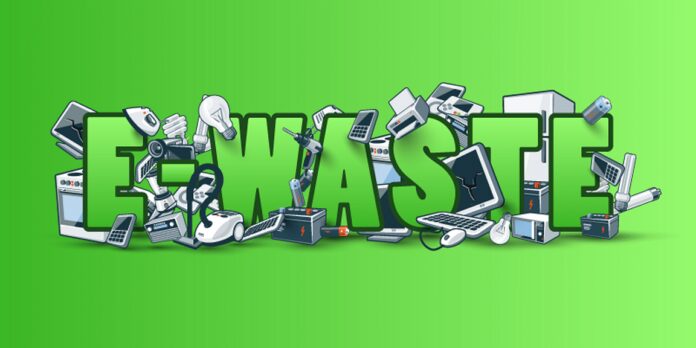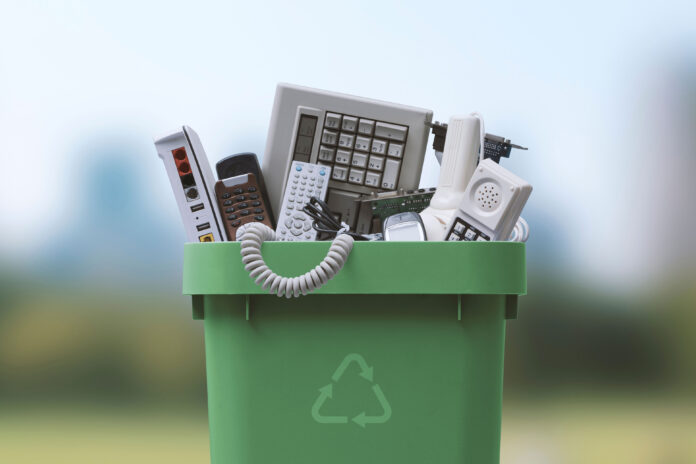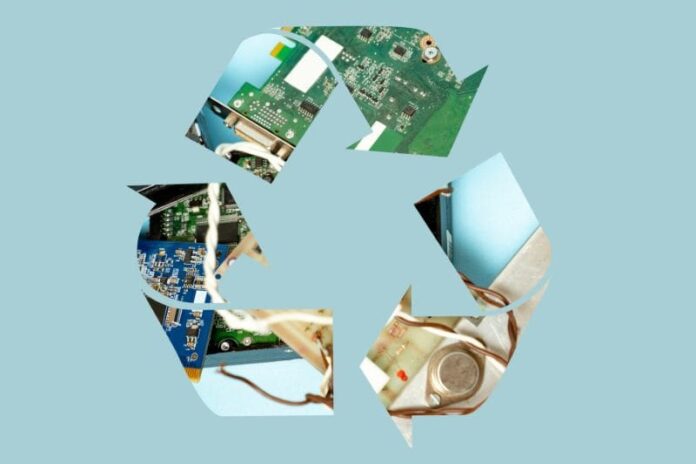In the dynamic landscape of tech startups, innovation moves at lightning speed. As a result, e-waste management becomes a pressing issue, necessitating thoughtful strategies and adherence to current regulations. This guide provides actionable e-waste management tips that are indispensable for tech startups in 2024.
Establishing an Effective Strategy

A well-crafted e-waste strategy is essential for any tech startup aiming to balance innovation with environmental responsibility.
Develop Comprehensive Disposal Protocols
The cornerstone of an effective e-waste policy is a set of comprehensive disposal protocols. This includes establishing a partnership with certified electronic waste recycling facilities, gaining a detailed understanding of local recycling resources, actively educating team members on categorization, and regularly scheduling waste collection. Compliance with regional disposal laws ensures that a startup’s practices are both sustainable and lawful.
Cultivate Sustainable Practices Among Staff
Creating a workplace where environmental consciousness is part of the company ethos can significantly reduce e-waste. It is vital for staff to embrace longer use of electronics, prefer repairing over discarding, and actively engage in refining the company’s policy. Such a culture not only diminishes waste but also boosts the company’s image as a green pioneer.
Embedding E-Waste Management in Business Operations

A startup’s operating plan ought to incorporate dealing with electronic waste with ease.
Opt for Environmentally Sound Technology
When it comes to technology procurement, choices should be made with an eye on sustainability. This means favoring eco-friendly products, investing in devices that are designed to be easily upgraded or recycled, and forming partnerships with suppliers who provide responsible disposal options. While this approach may come with an upfront premium, it promises reduced e-waste and potential cost savings over time.
Prioritize Training and Awareness
Ensuring that all team members are well-versed in e-waste matters is critical. Comprehensive training programs, ongoing education about new regulations, and hands-on learning about proper device maintenance can significantly prolong the lifecycle of technology, thereby curtailing e-waste.
Navigating Regulations and Standards
For tech startups, it is critical to stay on top of the ever-changing legal landscape of e-waste management.
Keep Abreast of Regulations

Maintaining a keen awareness of the current e-waste regulatory environment is non-negotiable for startups. This includes consistent monitoring of e-waste legislation updates, ensuring operations adhere to national and international laws, and promptly adapting policies to legislative changes. Legal compliance not only avoids financial penalties but also fortifies a startup’s reputation for environmental diligence.
Align with Industry Standards
Engagement with established industry standards provides a framework upon which startups can build their management policies. This could involve alignment with initiatives like the Responsible Recycling (R2) Standard and seeking certifications that affirm a startup’s commitment to responsible e-waste handling. Industry benchmarks are also vital tools for setting realistic e-waste management goals and evaluating progress.
Conclusion
In sum, tech startups in 2024 can leverage these strategies to not just manage but excel in e-waste stewardship. The combination of well-defined disposal processes, a culture of sustainability, wise technology choices, thorough training, and strict adherence to legal standards positions startups to successfully manage their e-waste and act as models for environmental responsibility in the tech world.







